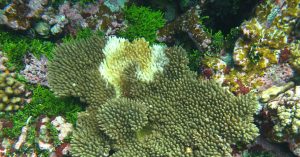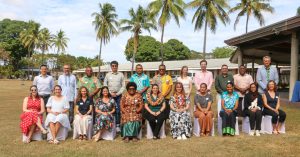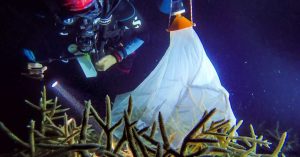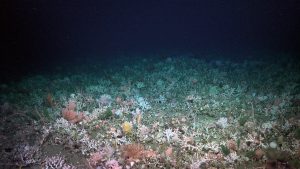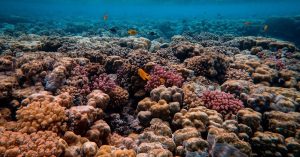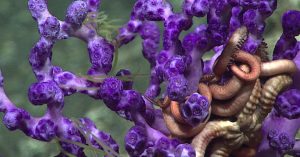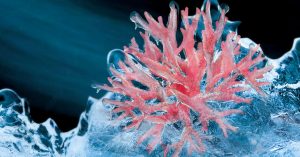Delivering the best science and technology to save corals
A G20 initiative
The Coral Research & Development Accelerator Platform – CORDAP – was launched in 2020 by the G20 to fast-track research and development solutions to save the world’s corals.
CORDAP brings together the best minds worldwide, in a transdisciplinary approach, to accelerate and scale up the development of new technologies that support international coral conservation efforts needed to secure a future for tropical coral reefs and cold-water corals.
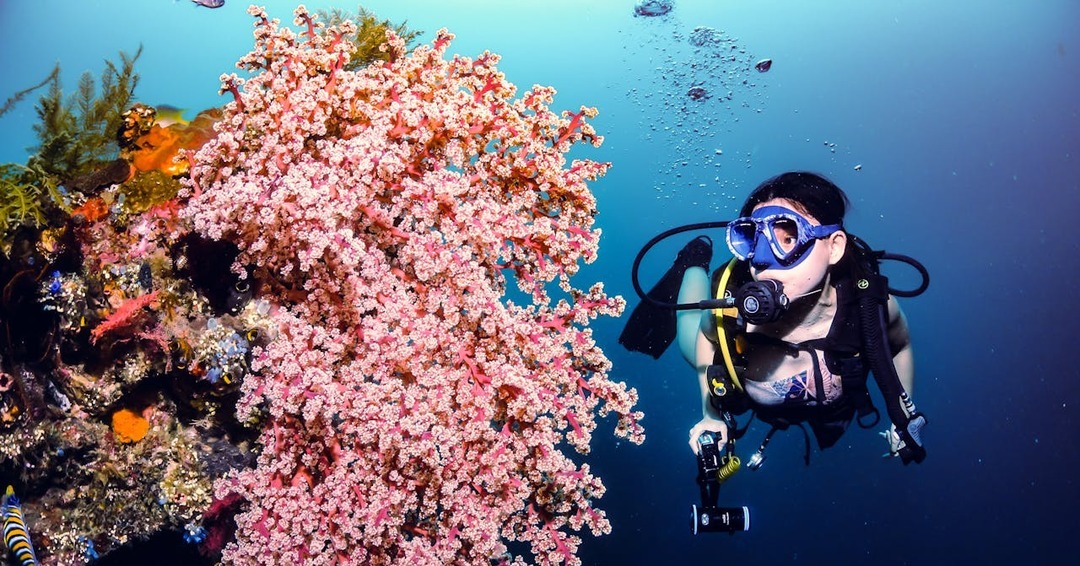
Learn more about our impact

Roadmap publications

Theory of change

Annual report 2024
Our achievements to date:
projects funded
researchers
US$ m committed
institutions
countries involved
Discover the projects we fund
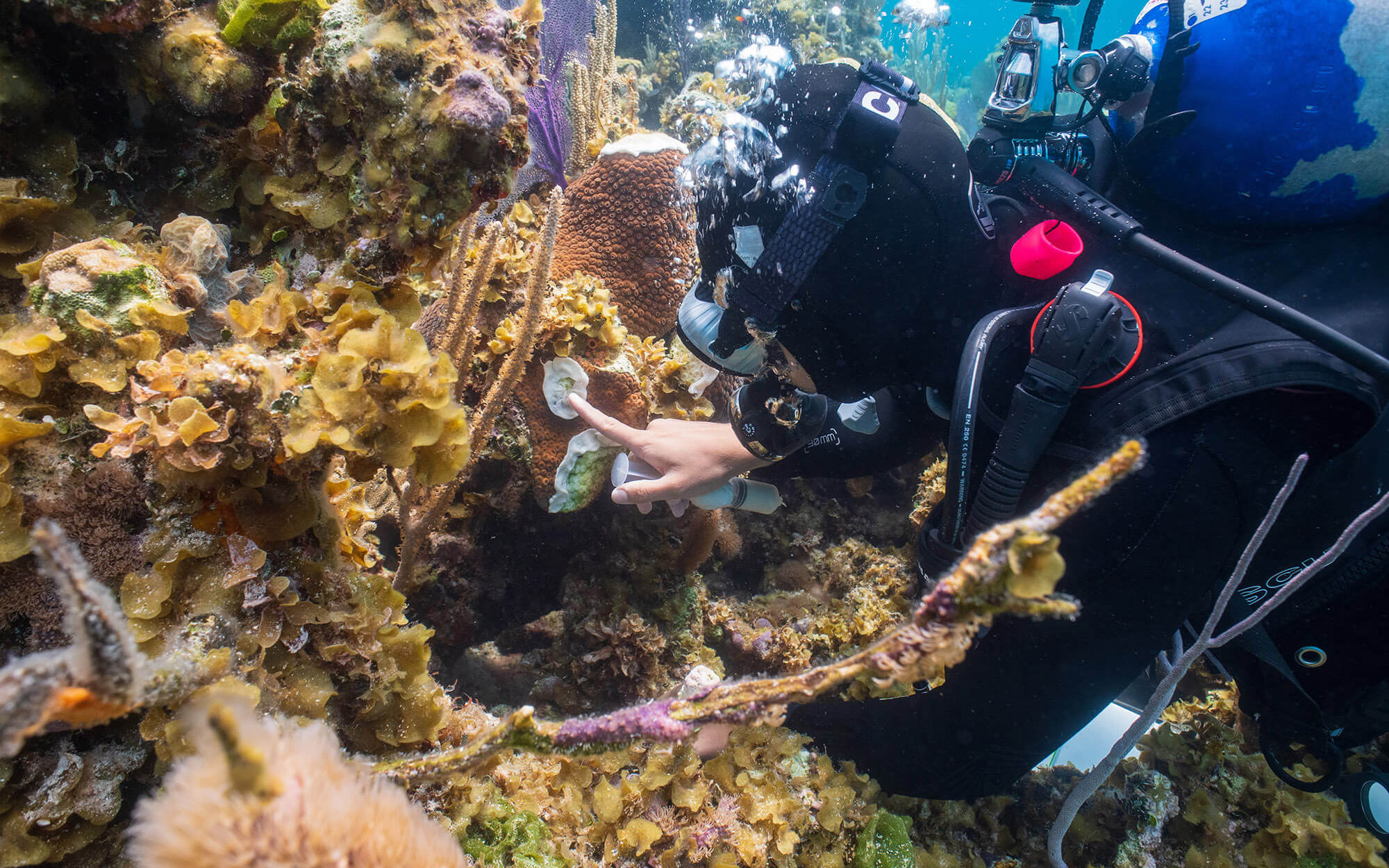
Using probiotics to fight a lethal coral disease
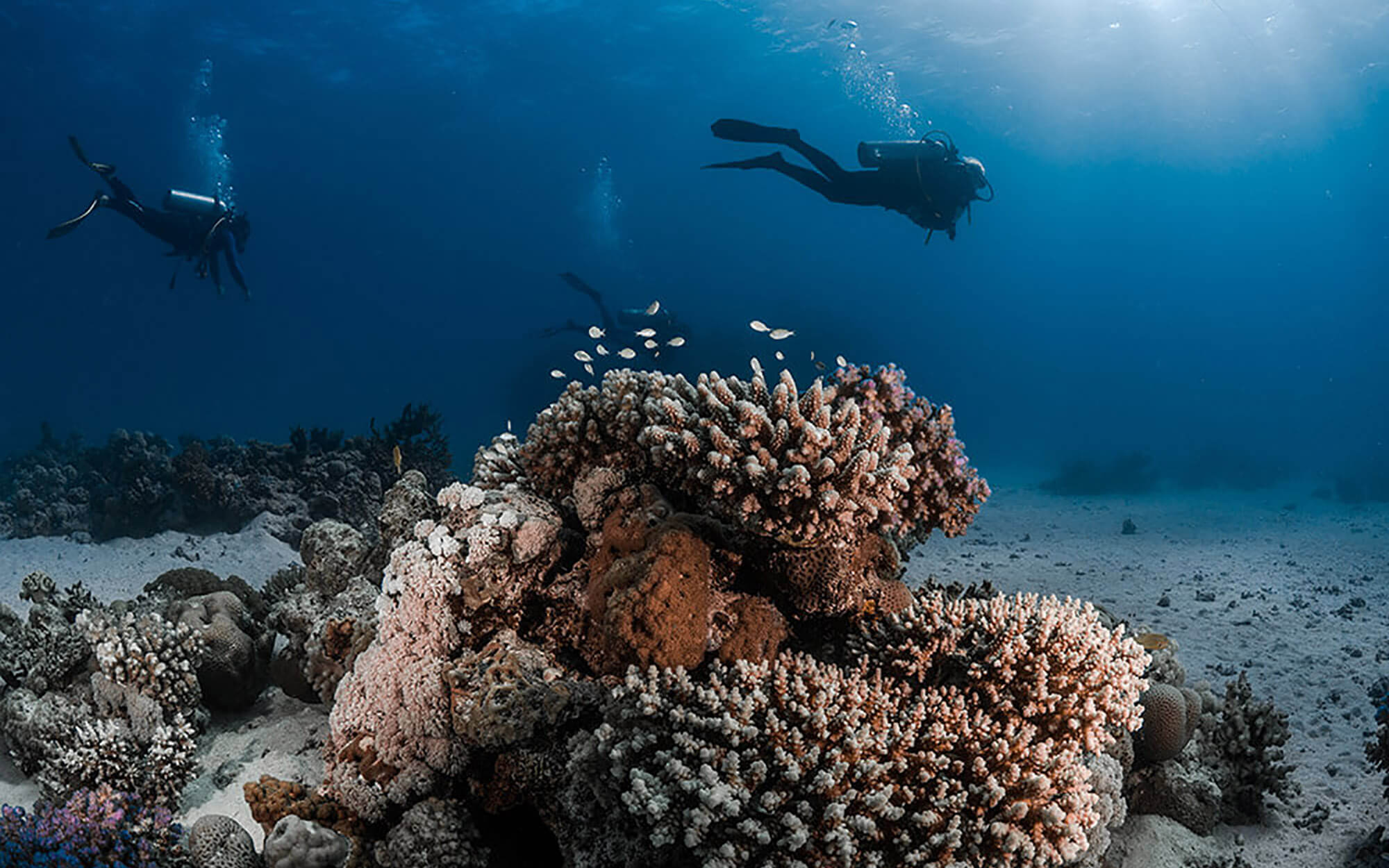
Creating a global cryopreservation network for corals
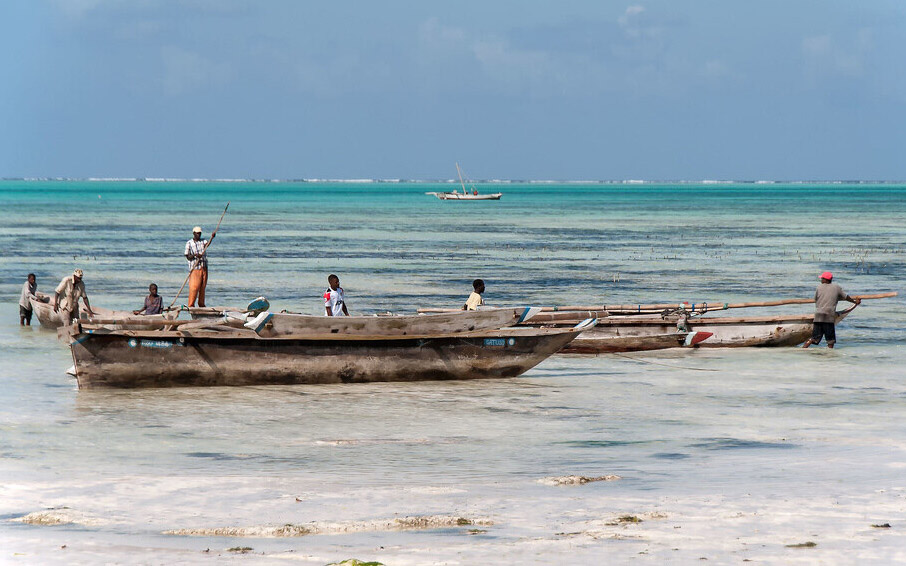
Restoring coral reefs in Mnemba Island with local communities
Testimonials
Focused on research and development
CORDAP is the only international organization fully dedicated to funding global research and development for coral restoration and conservation.
Transdisciplinary international collaborations
By integrating the abilities of the world’s best scientific minds in collaborative projects, CORDAP aims to develop effective and scalable solutions that can be transferred to coral conservation practitioners.
Committed to scalability
Most coral restoration methods are suitable only for small-scale intervention. CORDAP-funded projects will accelerate the research and development of next-generation solutions to conserve and restore corals and reefs at a much broader scale, delivering far greater impact.
Open to all
CORDAP ‘s open-source platform will allow any organization to advance and use the platform’s technologies.
We welcome the participation of anyone with workable ideas for solving this issue.
News & Events
Your contribution can fast-track research and development solutions to save the corals.
Images: © Morgan Bennett-Smith

